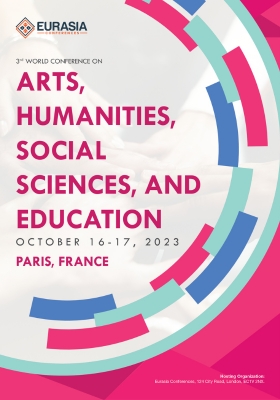
Hyeeun Lee
Introduction: The COVID-19 pandemic has heightened the psychological crisis among Korean college students, resulting in increased anxiety and stress about the future. In response to this issue, we conducted a study to develop an anxiety regulation program based on Acceptance and Commitment Therapy (ACT) designed explicitly for Korean college students. The primary objective of this study was to compare the effectiveness of face-to-face group counseling versus non-face-to-face group counseling in reducing anxiety levels among college students.
Method: A quasi-experimental study using a convenience sampling of college students was conducted A total of 127 participants applied for the program, which was offered during the second semester of 2021 and the first semester of 2022. We utilized paired t-tests to analyze the differences in anxiety levels between the baseline and follow-up assessments within both the face-to-face and non-face-to-face groups. Furthermore, a one-way analysis of variance (ANOVA) was conducted to determine significant differences in anxiety regulation between the face-to-face and non-face-to-face groups.
Results: Our findings revealed significant improvements in state-trait anxiety (t=10.484, p<.001), FOMO (Fear of Missing Out) (t=7.127, p<.001), and social anxiety acceptance and action (t=-7.645, p<.001) among the participants. However, no significant changes were observed in mindfulness levels. An Analysis of Covariance (ANCOVA) was performed using pre-program scores as a covariate to further examine the differences between the non-face-to-face and face-to-face groups. As a result, the state-trait anxiety, FOMO, Mindfulness, and social anxiety acceptance and action scale did not show any differences between the groups, indicating that the program effectively intervened with anxiety regardless of the group type.
Discussion: Both face-to-face and non-face-to-face group counseling approaches demonstrated promising results in reducing anxiety levels. These findings contribute to mental health interventions for anxiety problems among college students, and further research is warranted to explore additional strategies and the long-term effects of such programs.